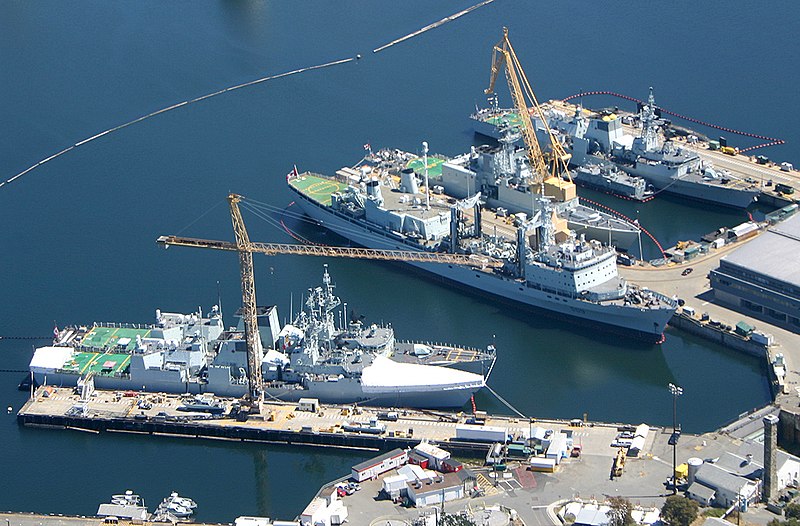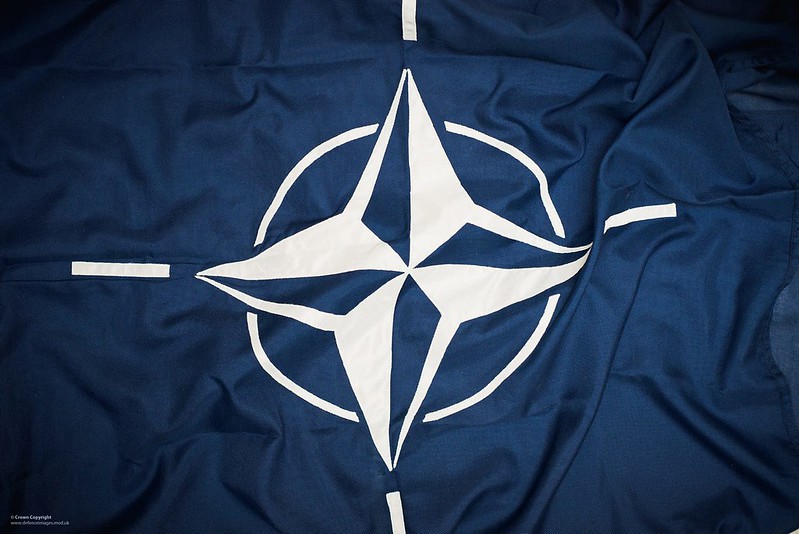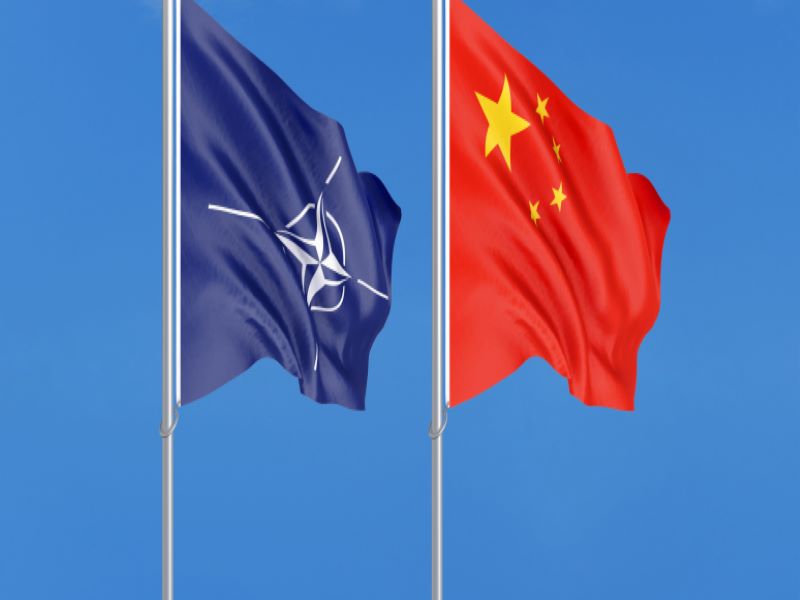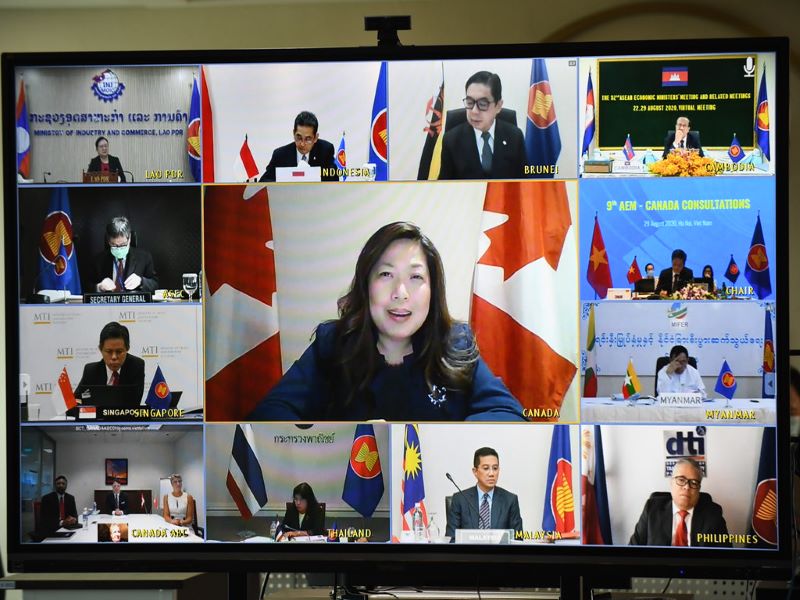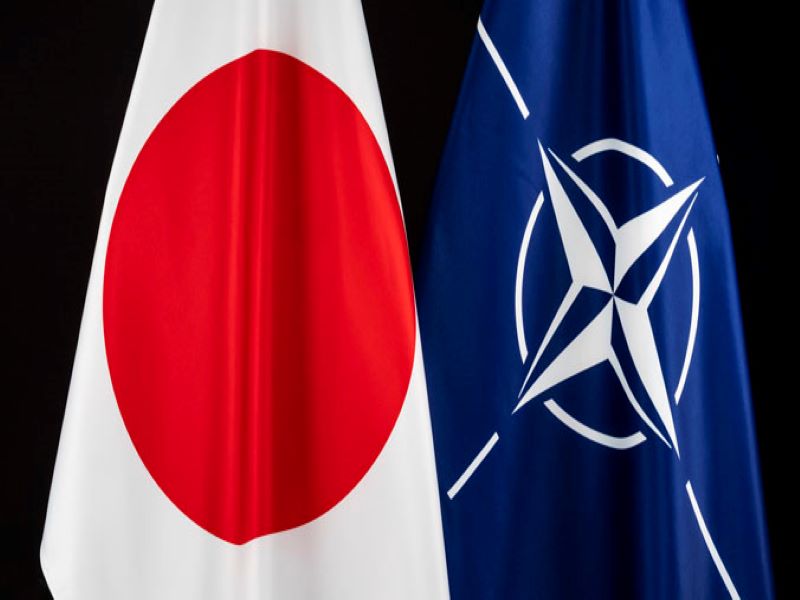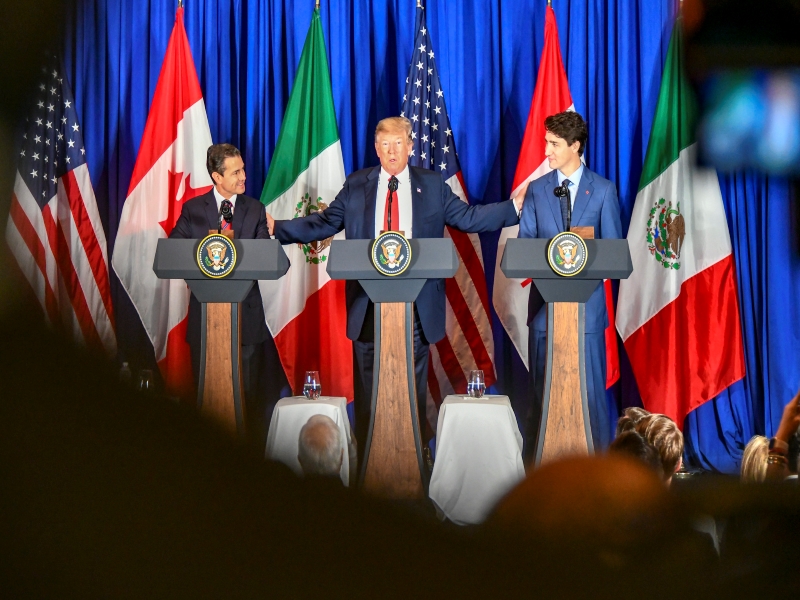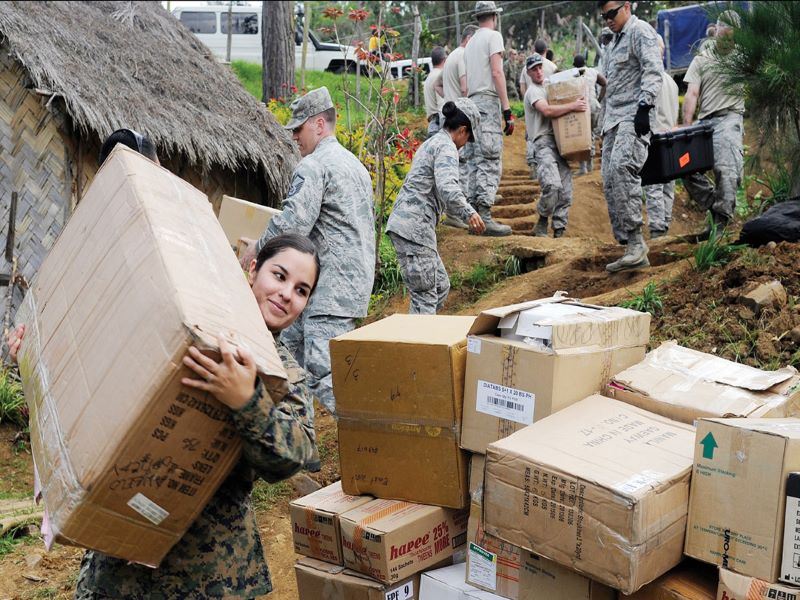Significant attention has been drawn to the adaptability of Russia’s defence industry and how it has diversified its supply chains, circumvented sanctions, and bolstered its ability to conduct its war of aggression on Ukraine. While scrutiny has been directed towards adversaries, such as Iran and North Korea, and intermediaries (e.g., China), including Western allies and Read More…
Tag: US
Who is Responsible for Protecting Canada’s Critical Infrastructure: A Conversation with Imraan Bashir
Imraan Bashir is Partner and National Public Sector Cyber Lead at KPMG in Canada. Prior to joining KPMG, Imraan directed the policy, strategy, implementation, and oversight of Government of Canada enterprise-wide cyber initiatives, including leadership of key programs such as cloud security and digital identity. Imraan was named one of the world’s top 100 most Read More…
Canada’s Indo-Pacific Strategy: An Overdue Conversation
Canada has recently published its long-awaited Indo-Pacific Strategy (IPS), which provides a comprehensive roadmap for managing opportunities and mitigating threats in the region. There are plenty of each: the opportunities to increase trade, bilateral foreign direct investment (FDI), and “person-to-person” connectivity (i.e., educational exchanges or cultural programs) are extensive across the theatre. Similarly, however, the Read More…
Should NATO Expand to include non-European States?
NATO has undergone several periods of expansion throughout its long existence. From the original 12 member states in 1949, NATO has expanded to include 30 members now, plus the imminent accession of Finland and Sweden to the alliance. NATO’s expansion has at times been controversial. After the fall of the Soviet Union, many argued that Read More…
Canada Urgently Needs a National Security Policy
It has been a busy year for policymakers and strategic thinkers in Canada. Confronting Russian aggression in Europe, balancing the Chinese and Indian relationships, and isolating the Russian economy has proven to be difficult. Domestic unrest due to supply-chain disruptions and exorbitant energy and fuel cost increases has proven to be equally challenging in many Read More…
Special Report: NATO’s Forgotten Western Flank
In this special report, Research Analyst Andrew Erskine poses the case for why NATO needs to acknowledge its western flank as a legitimate geo-security periphery. Demonstrating the periphery’s history, geo-security gravity, and opportunity to amplify intra-alliance unity and cohesion, Andrew presents a timely insight for why the time is ripe for including a new geopolitical flank to NATO’s security and defence mandate.
Special Report: Canada and Neo-Middle Power Diplomacy in the Indo-Pacific
In this article, Research Analyst Emilio Angeles examines the Canada-ASEAN free-trade negotiations and explains how it represents the continuation of neo-middle power diplomacy in the Indo-Pacific.
Special Report: NATO’s Indo-Pacific Strategy Needs Japan
In this special report, Junior Research Fellow Andrew Erskine explores how NATO-Japanese relations are key for upholding a rules-based order in the Indo-Pacific. In particular, Andrew identifies how Japan, back with NATO’s diplomatic experience, can bring together Indo-Pacific nations that do not desire a bipolar order dominated by Sino-US great power competition.
How Developed Countries are Using Preferential Trade Agreements to Address ‘Unfair Trade’ Concerns
In this article, Dan discusses how many in developed countries believe that workers in their jurisdictions have been negatively impacted by trade, primarily as a result of labour cost differences between developed and developing jurisdictions. Whether justified or not, the ‘unfair trade’ complaint has been adopted by politicians in developed countries, many of whom have tried to address disparities in labour cost through bilateral and plurilateral trade agreements with developing countries.
Reforming Development Aid
In this article, Dan Poliwoda reviews the inefficacy of current development aid programming schemes, and discusses how they can be reformed. Dan argues that development aid should be predicated on adopting market-oriented reforms that promote market competition and developing countries’ engagement in global trade.



